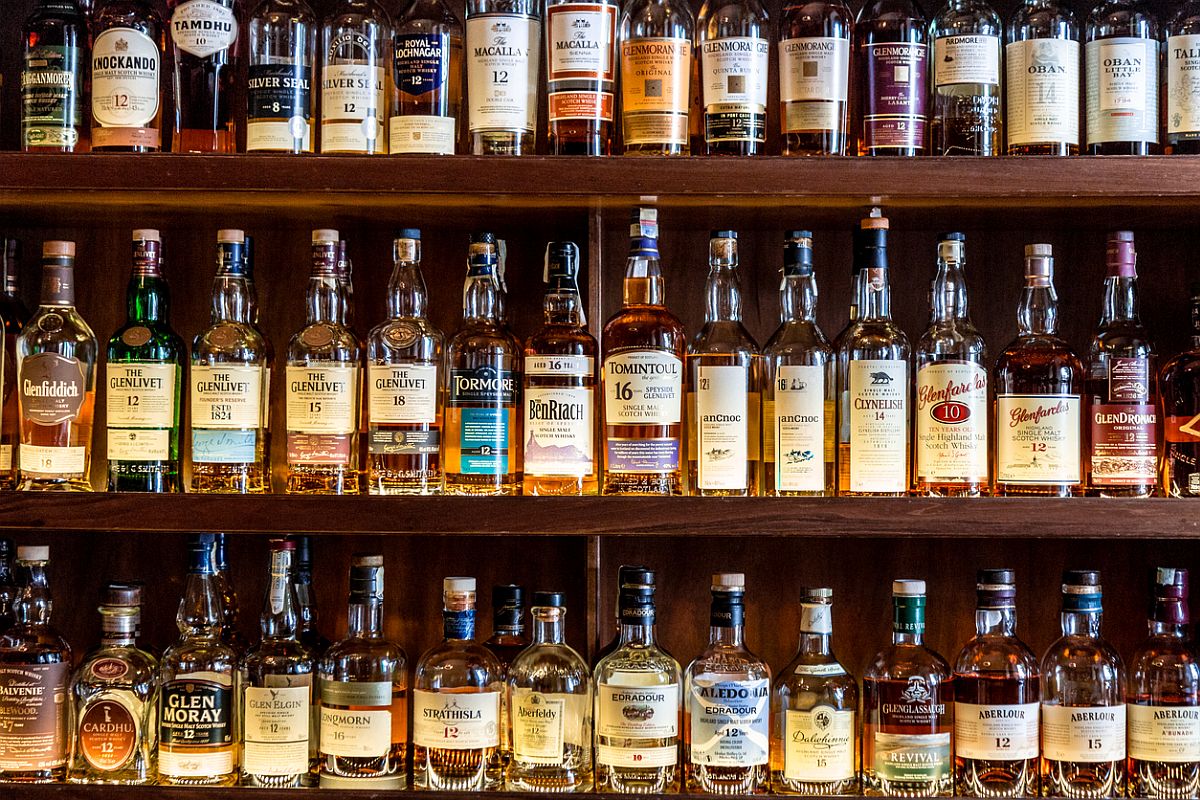To tighten the noose on illicit liquor traders in the state, Punjab Chief Minister, Amarinder Singh, on Saturday constituted an Excise Reforms Group to break the nexus between producers, wholesalers and retailers.
The five-member Group has been asked to submit its recommendations on destroying any such nexus within 60 days, thus paving the way for the elimination of illicit liquor trade and maximisation of the state’s Excise Revenue, according to an official spokesperson.
Advertisement
The Group will comprise a housing and urban development minister Sukhbinder Singh Sarkaria and public works minister Vijay Inder Singla, in addition, retired IAS officer DS Kalha, advisor financial resources VK Garg and secretary school education Krishan Kumar.
Working in parallel with the SIT, which has been tasked with the investigation into all aspects of the illicit liquor trade in the state, including the complicity of Excise Department officials, the Group will identify the gaps leading to revenue losses for the state due to such complicity.
The CM has mandated the Group to come out with its suggestions on long-term legal and administrative reforms, after due diligence and consultations with the stakeholders.
In this process, the Reforms Group may consider the suggestions received earlier from state finance minister on his visit to West Bengal and also from the previous local government minister.
The spokesperson further said that the department of excise & taxation would provide the requisite information and other assistance to the Group to facilitate its functioning.
The CM said despite various policy changes and measures by the department of excise and taxation, the inadequate increase in excise revenue, as well as illicit liquor trading, remained a matter of concern. The outcomes of these measures had not been on expected lines, thus necessitating deeper examination of the issues to formulate and implement long-term excise reforms, he added.
Punjab registered negative growth in excise revenue for fiscal 2018-19, collecting Rs 5,072 crore, against Rs 5,135 Crore in 2017-18. For the fiscal-ended March 31, there has been a slight increase (2.5 per cent) in revenue over the past year at Rs 5,200 Crore.











